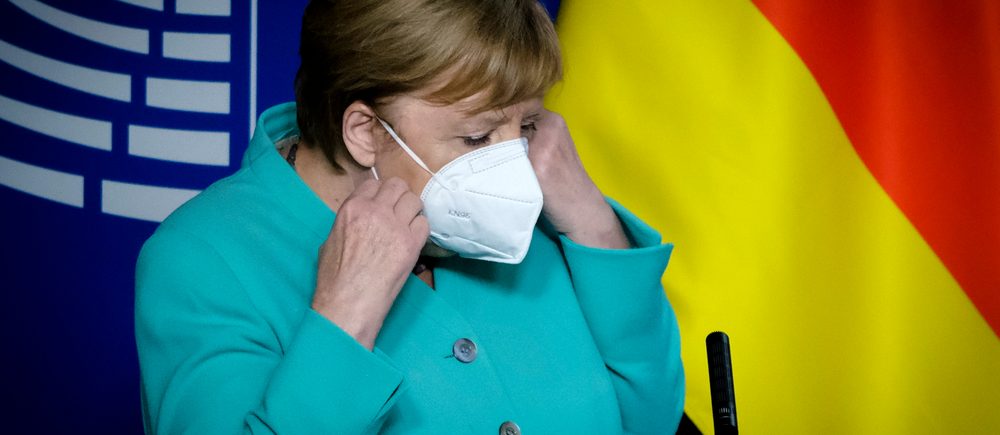Investors are skeptical about how much change a new German government will bring about in the European economy that is struggling to recover. Investors and observers raise several questions about how the next German chancellor will deal with integration among the 19 euro economies.
As Germany prepares for a new post Merkelism era, the financial community eyes the impact the next government could have on the Eurozone. Europe’s biggest economy headed to the polls to vote to choose a new chancellor, after Angela Merkel’s 16 years in office.
The eurozone looks forward to the completion of the Banking Union which transfers powers from national banking authorities to continent-wide banking institutions.
The Banking Union project was introduced slowly in the wake of the debt crisis, but Germany has been particularly reluctant to support the idea. Many Germans are opposed the project, for fear of being forced to pay heavy bills to support less-financially established euro nations.
The euro zone is due to update its debt and fiscal rules in 2022 because the current rules have been recurrently broken on several occasions, with various nations reporting a debt ratio above 60% of GDP, for instance as violations are still expected to continue.
Germany, which is known for its support of a tight fiscal policy across the bloc, is still not clear about whether it will support changes to the debt ceiling.
The EU took the decision in July 2020 to raise money jointly from public markets to fund the region’s recovery from the pandemic.

Merkel
 Noor Trends News, Technical Analysis, Educational Tools and Recommendations
Noor Trends News, Technical Analysis, Educational Tools and Recommendations




